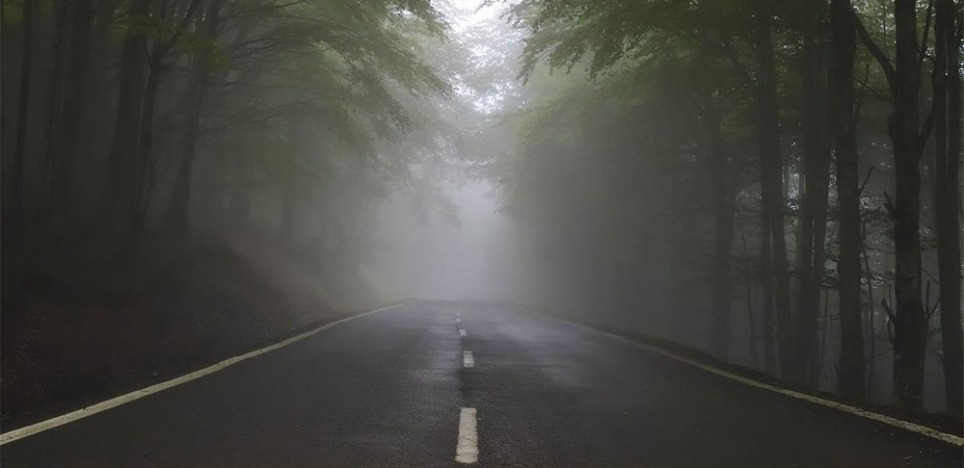One thing we can count on in life, paradoxically, is uncertainty. Things may run smoothly for a while in a predictable rhythm, but then impermanence shows its face and we lose someone or something we love, fall ill, or even go through a time of inner turmoil that we cannot pin to outer events. Even a seemingly positive change like a wedding can sometimes surprisingly shake us up, and events that seem to come out of nowhere and that we deem undesirable can send us into throes of fear and worry.
This unpredictability leads many people to spiritual practices that foster patience, courage, resilience, and trust — ways of wisely handling life's disappointments and unknowns. Susan Jeffers, an American psychologist and internationally bestselling author who passed away in 2012, wrote several books about such practices, including Embracing Uncertainty, from which the passage below is drawn.
Her wisdom is needed as of this writing on the doorstep of spring 2020, when COVID-19 (a.k.a. the coronavirus disease) has been declared a pandemic by the World Health Organization. Not only are people facing the uncertainties of illness for themselves and their loved ones, but also economic, employment, and education upheavals amid a turbulent stock market, shuttered businesses, and schools sending students home. Jeffers encourages us to ask what good we can bring out of even these great difficulties facing us as a worldwide community. She writes:
"If we embrace the good that can come from whatever life hands us, we have come a long way in learning how to embrace uncertainty.
"Of course, few of us respond to difficulties in such an enlightened manner. Yet, some of us do. For example, Robin Silverman, in her book, The Ten Gifts, talks of her home being totally destroyed in a flood. She says:
" 'My worst fear, that somehow everything that mattered could be taken from me, had come true. IT WAS THE MOST LIBERATING MOMENT OF MY LIFE.'
"Silverman lost her house and chose to find the beauty instead of lamenting the loss. Of course, she faced some difficult times, but through it all, she chose to find the many 'gifts' that allowed her to create a life filled with peace and meaningful activity. . . .
"There is no question that life sometimes seems really rotten on an objective level. But perhaps the objective level is unimportant; it is the subjective level that determines our experience of any given situation. It is the subjective level that determines how we interpret what happens in our lives. Do we interpret something as good or do we interpret something as bad? I have noticed that when people look at their experiences in life as a way of learning and discovering more about the world and themselves, then all their experiences — good or bad — are good! As spiritual teacher Wingate Paine tells us:
" 'Bad is how we see those experiences whose part in our growth we do not yet understand.'
"Yes, if all our experiences are seen as a way of learning and growing, it could be said that no experience is bad. It follows that if we can learn to see that ALL experiences in our lives can be really valuable, our worry about the future is greatly diminished. We have come one step closer to being able to embrace all the uncertainty in our lives."
Editors' note: Looking for more on coping with uncertainty? Please check out the additional resources under "Also Recommended" in the sidebar.
